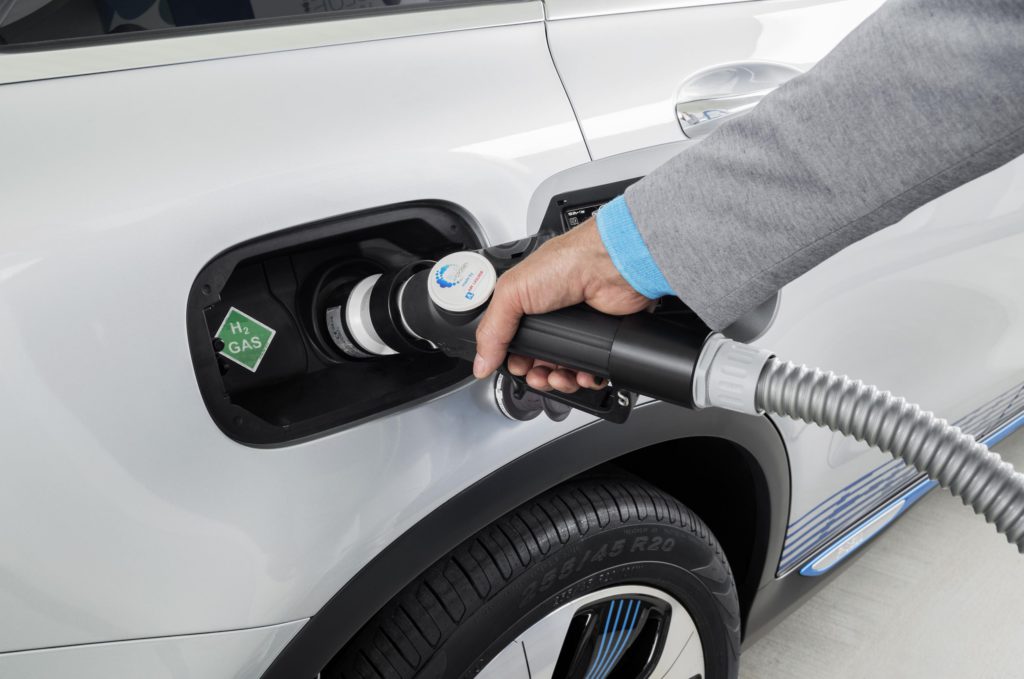Chinese manufacturer invests in German hydrogen technology
01 November 2018

1 November 2018
Chinese vehicle manufacturer Great Wall has signed a memorandum of understanding to invest in H2 Mobility Deutschland, a German operator of hydrogen fuelling stations.
The business is a joint venture between six European companies, including carmaker Daimler. Great Wall hopes to use the company’s expertise in the areas of hydrogen fuelling to help commercialise fuel cell vehicles (FCVs) in China.
H2 Mobility Deutschland aims to establish a nationwide hydrogen infrastructure to supply cars with fuel-cell drives in Germany. During the first phase, the company will operate 100 hydrogen stations in seven German metropolitan areas (Hamburg, Berlin, Rhine-Ruhr, Frankfurt, Nuremberg, Stuttgart and Munich), and along connecting highways in 2019. This will be followed by up to 300 more hydrogen stations in line with vehicle ramp up.
Great Wall has made significant investments in New Energy Vehicle technologies. With an advanced hydrogen prototype and test centre in Baoding, Hebei, China, as well as expertise in Shanghai with the recently acquired 77% of Shanghai Fuel Cell Vehicle Powertrain company, the manufacturer is on the way to develop and deploy cost-competitive fuel cell electric drive technologies.
The Chinese company did not disclose the amount of capital it intends to invest in H2 Mobility.
H2 Mobility, based in Berlin, is a joint venture between six European companies — French industrial gas provider Air Liquide, Daimler, German forklift truck maker Linde Material Handling, Austrian energy group OMV, Anglo-Dutch oil giant Shell and French oil giant Total. It is also partly funded by the German government and the European Commission.
In a statement, H2 Mobility Deutschland says: ′H2 Mobility and Great Wall will cooperate closely on the harmonisation and advancement of hydrogen codes and standards, and will work to further improve the reliability and convenience of hydrogen refuelling. Both parties aim to exchange learnings and experience to accelerate the deployment of refuelling station networks in China and Germany.’
Daimler is one of many carmakers investing in hydrogen technology, seen as a strong alternative to petrol and diesel vehicles, offering comparable range and refuelling times while only producing H2O as an emission. The German manufacturer introduced its Mercedes-Benz GLC F-Cell at the IAA in Frankfurt last year, combining a fuel cell with battery technology to produce a plug-in hybrid vehicle (PHEV) which would make the most of its driving range.
′We will scale, in terms of going into tens and hundreds of thousands of production, the battery-electric vehicles first,’ Ola Kaellenius, Daimler board member in charge of R&D, said at the Detroit motor show. ′But we will keep the fuel cell in development, so we have this technological option should there be a shift in the market in this direction.’